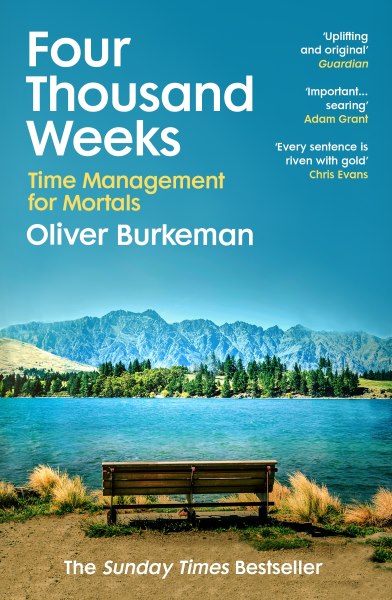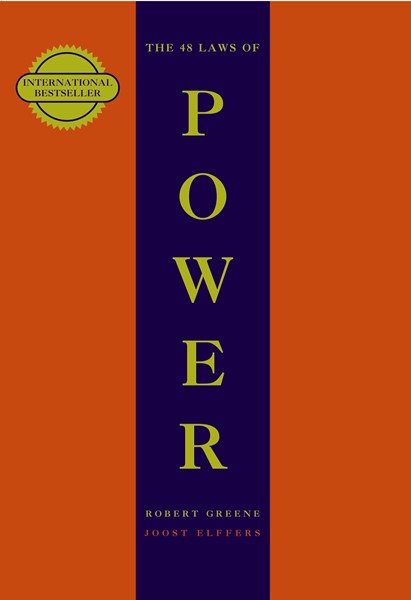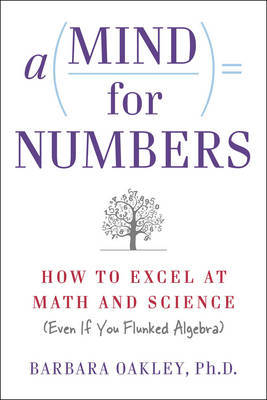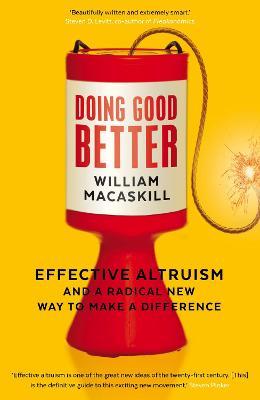Book Summary: Four Thousand Weeks by Oliver Burkeman
Four thousand weeks is roughly the number of weeks you’ll have if you live to about 80. Although the book’s subtitle is “Time management for mortals”, it’s not really about time management (in the conventional sense). Rather, it’s about values and priorities and making the most of our limited time on this earth.






